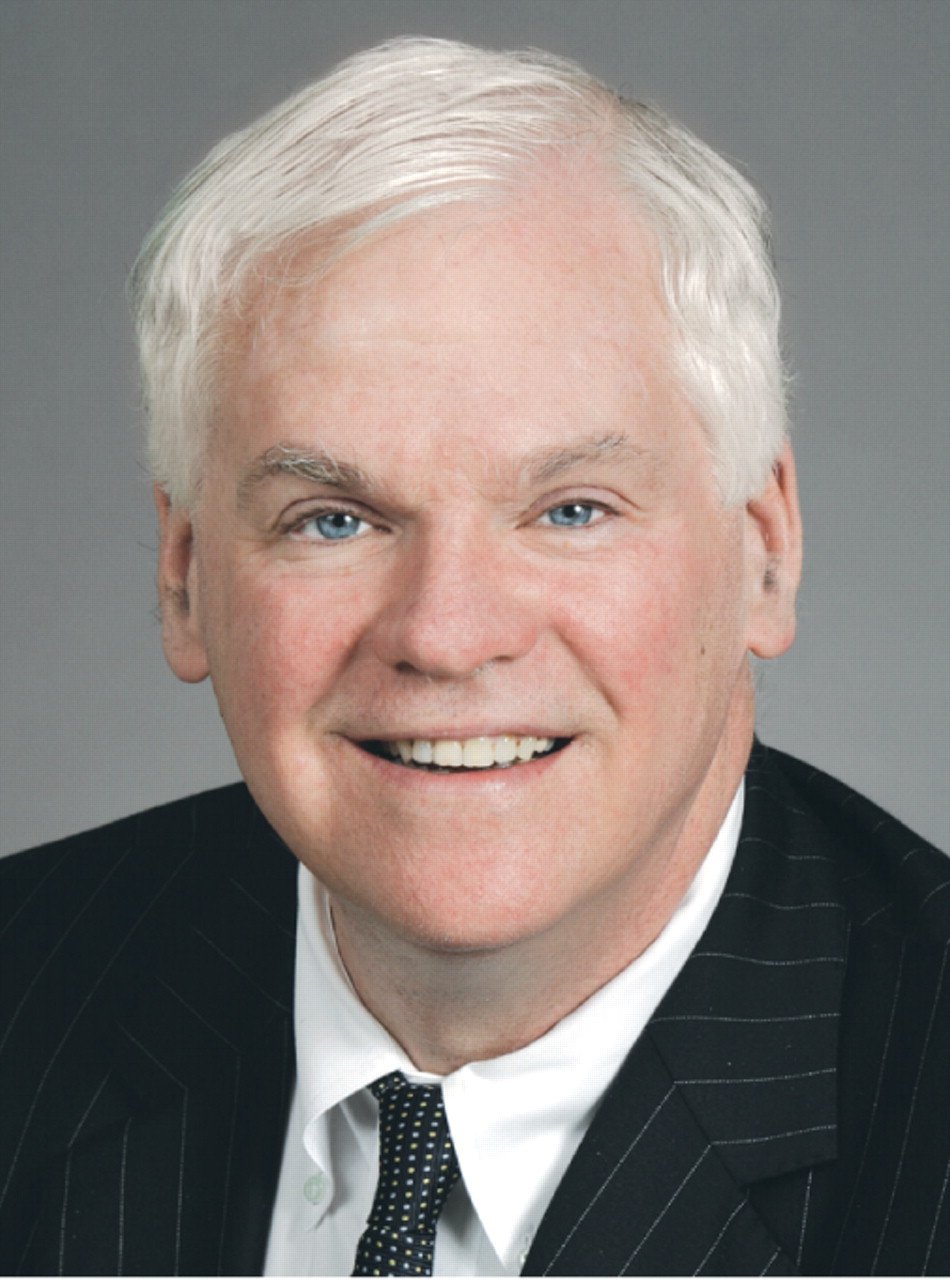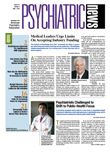An 11-member group of researchers, academicians, and leaders of professional medical associations (PMAs)—including APA Medical Director James H. Scully Jr., M.D.—have called on those associations to work toward eliminating pharmaceutical and medical-device industry funding of educational and other activities.
The group—whose members were invited to participate as individuals, not as representatives of their organizations—issued a set of remarkably stringent recommendations involving 10 areas of industry-PMA relations (see
Proposals to Reduce Industry Dependence). The recommendations appear in an article “Professional Medical Associations and Their Relationships With Industry: A Proposal for Controlling Conflicts of Interest” in the April 1
Journal of the American Medical Association.“The recommendations are rigorous and would require many PMAs to transform their mode of operation and, perhaps, to forgo valuable activities,” the authors stated in the paper. “To maintain integrity, sacrifice may be required. Nevertheless, these changes are in the best interest of the PMAs, the profession, their members, and the larger society.”
The 10 areas addressed include general budget support from industry; annual conferences and periodic regional meetings; industry funds for research by PMAs and their members; industry funds for fellowships and training programs; committees that formulate practice guidelines and outcome measures; industry support of PMAs' publications; product endorsements; affiliated foundations; conflicts of interest among PMAs, presidents, officers, and board members; and guidance for PMA members.
In an interview with Psychiatric News, Scully said the recommendations are important to maintain public trust and the right of organized medicine to regulate its own activities.
“The educational and other programs of medical associations are under assault,” Scully said. “This is a problem area, and the public trust is critical. Also at risk is our ability to self-regulate. Congress is looking at this area [of medicine-industry relationships], so if we want to maintain our ability to self-regulate, we have to make sure we do even more [to eliminate conflicts of interest and maintain transparency] than we might have otherwise done.”
Most crucial, Scully said, is the need for PMAs to separate medical education programs from industry funding.
“Probably the most important recommendation is a step that APA has taken, which is to separate out marketing from medical education,” he said. “It's our mission to make sure our members have the best information so they can practice the highest-quality medicine. And any allegation or appearance [that that mission is being compromised by industry influence] needs to be addressed.
“APA has had very high standards in this regard, and those standards have even exceeded the rules. But we need to have a heightened awareness of the perception of conflict of interest and continue to improve.”
Just days prior to the appearance of the JAMA article, the APA Board of Trustees voted to phase out industry-supported symposia along with industry-supplied meals at its annual meetings (Psychiatric News, April 17).
Scully also underscored a recommendation that professional medical associations not be perceived in any way to be endorsing the products of pharmaceutical or device-manufacturing companies that may be supporting their activities.
“It is not the business of professional medical societies to be helping market drugs or devices,” Scully said. “We need to be very clear about that.”
He said that the rule applies to practice guidelines that a PMA may produce. “When we say, 'Use treatment x or y,' it needs to be very clear that there is no third-party involvement—that it is based on the best available scientific consensus.”
That too goes for diagnostic manuals, such as the new edition of DSM that APA is currently developing, Scully said.
The JAMA article is the result of a grant by the Pew Foundation to the Institute on Medicine as a Profession (IMAP) at Columbia University College of Physicians and Surgeons to look at issues of conflict of interest and transparency in medicine. The lead author and drafter of the document was David Rothman, Ph.D., president of IMAP.
In addition to Rothman and Scully, the 11-member panel included Catherine DeAngelis, M.D., Ph.D., the editor of JAMA; Susan Chimonas, Ph.D., a research scholar at IMAP; David Wofsy, M.D., a professor of medicine at the University of California, San Francisco; Walter J. McDonald, M.D., past CEO of the Council of Medical Specialty Societies; Carol Berkowitz, M.D., past president of the American Academy of Pediatrics; Ralph Hale, M.D., executive vice president of the American College of Obstetricians and Gynecologists; Steven Nissen, M.D., past president of the American College of Cardiology; June Osborn, M.D., past president of the Josiah Macy Jr. Foundation; and Gerald E. Thomson, M.D., past president of the American College of Physicians.
Discussions were held over a two-year period, and several drafts of the document were reviewed before the final version was published.
The stringency of much of the language is striking—the authors acknowledged in the paper that the “proposals are likely to generate controversy and claims that they are too restrictive.”
“We will continue to provide our members and others who attend our meetings the highest quality educational programs with world experts who will be presenting these without any question that there is any bias,” he said. “We are not going to stop doing educational programs—we are going to do them better.” ▪

